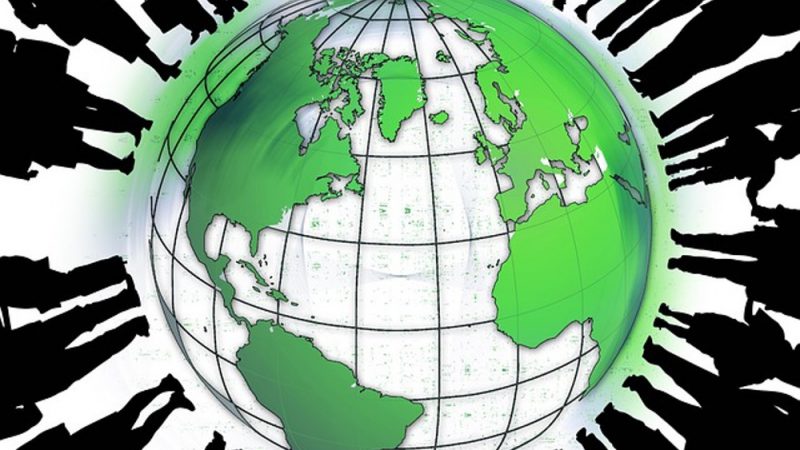What Will Hosting the 2026 World Cup Bring to Canada, Mexico and the United States?
Football is a really big deal. Association football, that is, otherwise known as soccer, at least in the United States. Football is the most popular sport in the world, and every time the top league matches in the world are on, bookmakers and punters are cashing in. That can only mean that international competitions attract even more attention, right? Absolutely, especially the FIFA World Cup. When World Cup matches are on, the streets are empty and the pubs full, everybody is watching and using Spin Palace No Deposit Bonus. Certain parts of urban areas suddenly look more peaceful, almost empty, until you hear people yelling when an opportunity is missed, or used.

And when matches are watched live, the crowd often goes wild, but not excessively wild (or the country gets a ban from their fans coming to international events, for a game, two, or more). The World Cup 2022 will be hosted in Qatar and the one following it, 2026, will be hosted in the United States, Canada and Mexico. Why is that? Will it be important for the three countries? Will they benefit from it? The answers are a bit more detailed.
Road to Change – World Cup 2026
Some people wanted the World Cup to change sooner, to be ready for the 2022 edition, but FIFA said no, due to multiple reasons. The change in question is the expansion of the tournament to feature 48 teams from the current version which features 32 teams. This is a boost of 50%, making the competition that much bigger and that much more exciting.

But, from a logistical standpoint, it is even more difficult. Matches will be played simultaneously, at different venues. That is one of the reasons three countries are chosen to host the World Cup 2026 and not just one, as we have often seen.
The Cup will be hosted by 16 different cities, 3 from Canada, 3 from Mexico and 10 from the United States. Canada and Mexico should host 10 matches each, and the United States the remaining 60, for a total of 80 matches. The previous versions of the tournament, or rather, the still current version has 64 matches total.
Canada and Mexico will host 7 group stage matches, 2 matches from the round of 32 and a single match from the round of 16. The rest would be in the United States, including the semi-finals and finals.
Do the Countries Benefit From the World Cup?
The short answer is, yes, they do. The countries will benefit greatly from the World Cup, each and every one of them, but more specifically, the host cities. They will receive a huge influx of tourists, fans and people from all over the world who will definitely come to watch their national team play. Expected short-term income growths are anywhere between 600 million dollars and 5 billion dollars.

Another benefit is that the stadiums which will be used will most likely get more attention, as they have to be in great shape in order to host World Cup matches and have a capacity of at least 68,000 people.
The host cities and countries will benefit from tourists, publicity and income. It is also important because the United States and Mexico hosted the World Cup only once, in 1994 and 1986, respectively, while Canada never hosted the cup.
The FIFA World Cup is the largest and most popular event in the world of football. It is the event everyone has their eyes on when it is taking place and one which has a lot of benefits for the host. Mexico, Canada and the United States will be hosting the 2026 World Cup. It will be an amazing tournament!





